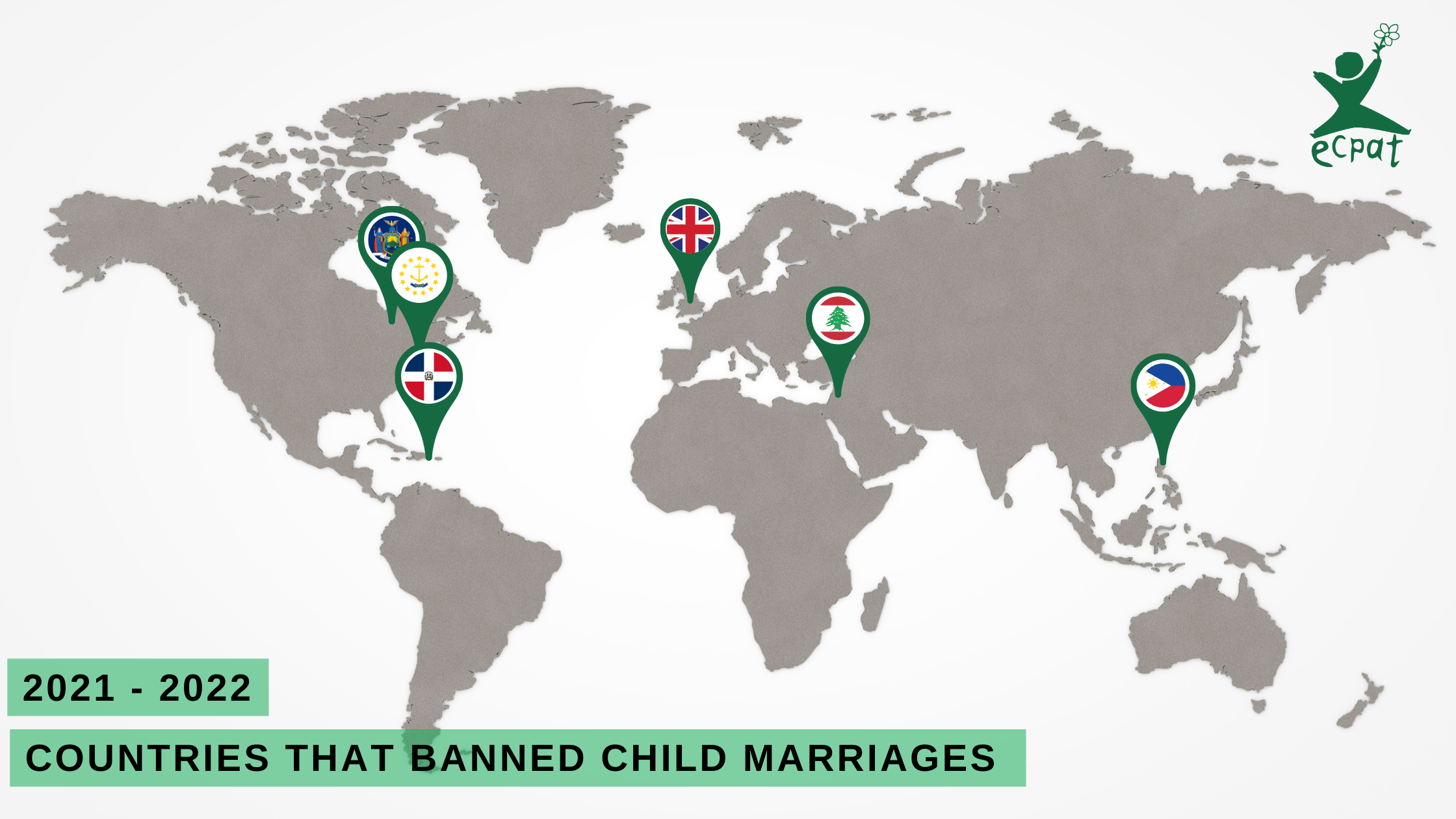700 million women alive today were married before the age of 18. Child early and forced marriage (CEFM) disproportionately affects young girls and women from poorer communities, rural areas, or conflict-affected countries. Very often child marriage is a form of, or a pathway, to sexual exploitation. To stop it, we need to not only work with governments to criminalise it, but more importantly, work with parents, to help them understand these implications.

Child marriage—a formal or informal union in which at least one of the parties is under 18 years of age—is a harmful form of child abuse that is rooted in gender norms, cultural traditions, religious beliefs, and economic hurdles. International law considers any form of child marriage as a form of forced marriage because children under 18 are unable to provide full, free, and informed consent. Despite the fact that child marriage is a fundamental violation of child rights, the practice remains widespread across the world [1].
Many young women and girls are forced into marriages because of tradition, customary laws, patriarchal stereotypes, and rigid social norms. Male members of the family usually play the part of warden to safeguard the “family honour” or benefit from child early forced marriage, as they are compensated [2].
There are many cases of perpetrators who sexually exploit young girls through forced marriages in exchange for money, gifts, or property as a pathway to sexual exploitation. After the marriage contract is signed, girls are forced into prostitution, child trafficking, and online sexual exploitation [3]. Read the story of Halima who got married at 17 years old here.
Criminals looking to exploit young women and girls do not only take advantage of factors such as poverty, but also insecurity and instability. During war and conflict, some families, viewing child marriage as the only way to cope with economic hardship, are forced to give up their daughters in the hopes that they might be safer. A 2014 UNICEF study in Jordan, revealed that registered child marriages among Syrian refugees increased from 12% in 2011 to 31.7% in the first quarter of 2014. Read more about child marriages in the Middle East and North Africa here.

According to UNICEF, banning child marriage has proven to be a vital step for the protection of women and girls [5]. By banning child marriages, women and girls are less likely to be denied opportunities such as access to education and earning an income, which are vital for a country’s economic growth. According to a report conducted by UNICEF and the World Bank in 2017, a country’s overall economy benefits when women and girls are protected [6]. The report found that the Dominican Republic’s poverty rate decreased by 10% after introducing laws against child marriages [7].
Banning child marriage is one of the most important steps toward officially recognising child marriage as a crime; it sends a clear message condemning this harmful practice. But is banning child marriages enough?

Certainly, laws guarantee that girls are legally protected from coercion, violence, school drop-outs, and sexual exploitation. However, as some women’s rights activists have stated, a legal ban is not enough to ensure that the crime will no longer be committed. We need a more concerted effort in order to achieve a radical shift in different communities.
To enforce change and ensure a real impact, governments, next to legally banning child marriages, must also invest in policies and programmes that challenge harmful social and cultural norms within rural communities. Civil society organisations and grassroots associations that work for children’s rights and child protection should be given more credit and finances to be at the forefront of ending child marriages – and all their harmful consequences [8]!
Gender norms that force young women and girls into exploitative and possibly dangerous unions must be challenged! We must act now and ask the governments worldwide to continue implementing laws that ban any and all forms of child marriage now and invest in the work of local organisations for the protection of children!